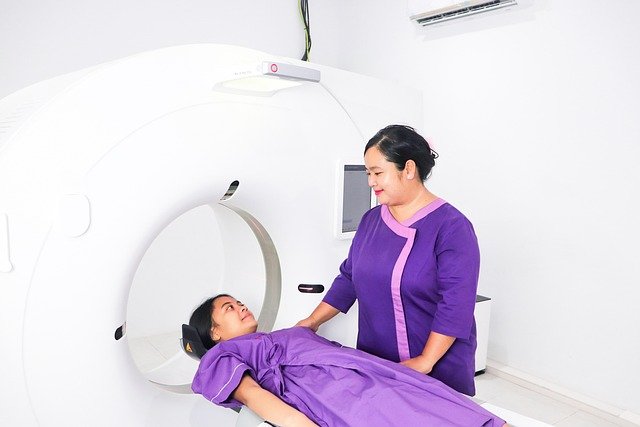Understanding the Sperm Donation Process
Sperm donation plays a vital role in reproductive healthcare, supporting individuals and couples facing fertility challenges. This article offers a clear overview of how the process works, what to expect, and why it’s an important contribution to modern medical services.

What Is Sperm Donation and Why Is It Important?
Sperm donation is a medical procedure where a male voluntarily provides sperm to assist others in achieving pregnancy. This process serves various purposes, including helping infertile couples, single women, and same-sex couples conceive. The donated sperm undergoes rigorous screening and testing before being used in assisted reproductive procedures like artificial insemination or in-vitro fertilization.
What Are the Requirements for Becoming a Sperm Donor?
Sperm banks maintain strict qualification criteria for potential donors:
-
Age typically between 18-40 years
-
Good physical and mental health
-
No genetic disorders or hereditary conditions
-
College education (preferred by many clinics)
-
Willing to undergo comprehensive medical screening
-
Ability to provide detailed family medical history
-
Regular availability for donations
How Does the Sperm Donation Process Work?
The donation process involves several steps:
-
Initial application and screening
-
Physical examination and medical tests
-
Genetic screening
-
Infectious disease testing
-
Semen analysis
-
Multiple donation visits
-
Quarantine period for samples
-
Final testing before release
What Medical Tests Are Required for Sperm Donors?
Donors undergo extensive medical screening including:
-
Blood type and Rh factor testing
-
Sexually transmitted infection screening
-
Genetic carrier testing
-
Psychological evaluation
-
Drug screening
-
Semen quality analysis
-
Chromosome analysis
What Are the Benefits and Compensation for Sperm Donors?
Sperm donation offers both personal and financial benefits:
-
Contributing to helping others create families
-
Regular health screenings at no cost
-
Genetic testing information
-
Financial compensation for time and effort
-
Flexible donation schedule
What Are the Current Compensation Rates for Sperm Donation?
| Sperm Bank | Base Compensation per Donation | Additional Benefits |
|---|---|---|
| California Cryobank | $100-150 | Health screening, storage bonus |
| Fairfax Cryobank | $100-175 | Referral bonuses, long-term benefits |
| Seattle Sperm Bank | $70-100 | Medical testing, monthly bonuses |
| European Sperm Bank | $75-100 | Travel compensation, health updates |
Prices, rates, or cost estimates mentioned in this article are based on the latest available information but may change over time. Independent research is advised before making financial decisions.
The sperm donation process represents a significant contribution to modern reproductive medicine. While financial compensation can be attractive, the most meaningful aspect remains the opportunity to help others achieve their dreams of parenthood through this vital medical service.
This article is for informational purposes only and should not be considered medical advice. Please consult a qualified healthcare professional for personalized guidance and treatment.




